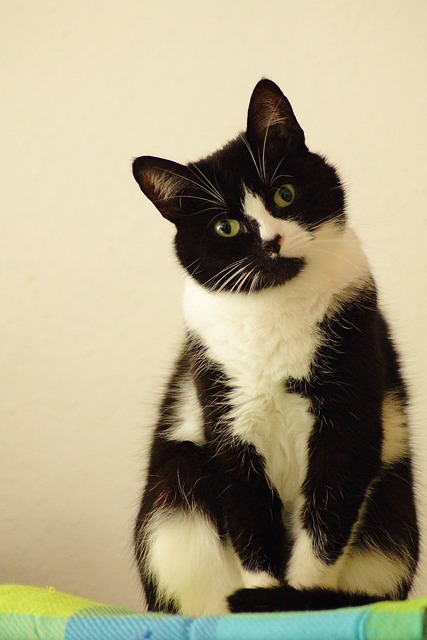Introduction: Kitten diarrhea, though common, can be a cause for concern among pet parents. Understanding the underlying causes and knowing when to seek veterinary care are crucial for your kitten’s well-being. In this guide, we explore the reasons behind kitten diarrhea, recognize its signs, and provide expert advice on when to consult a veterinarian.
Causes of Kitten Diarrhea: Kittens can experience diarrhea due to various factors, though dietary changes are typically not the primary cause. Instead, potential culprits include:
- Intestinal parasites and worms
- Bacterial infection
- Viral infection
- Malformed colon and rectum
- Consumption of cow’s milk (which kittens struggle to digest)
One particularly concerning virus is panleukopenia (feline distemper), which can lead to severe gastrointestinal symptoms.
Recognizing Kitten Diarrhea: While kittens naturally have softer stools than adult cats, persistent shapeless or liquidy feces are indicative of diarrhea. Additional signs include accidents outside the litterbox, soiled paws, or fecal matter around the tail.
Kitten Poop Color: Normal kitten stool ranges from light to dark brown. Any deviation from this color spectrum, such as red, black, or green stools, should prompt veterinary attention. Blood in the stool is a serious concern and warrants immediate consultation.
When to Seek Veterinary Care: Prompt veterinary care is crucial if your kitten experiences diarrhea alongside:
- Vomiting
- Sluggishness
- Loss of appetite
- Abnormal stool color or consistency
- Blood in stool
- Behavioral changes
Kittens lack the bodily reserves to endure prolonged stress, so timely intervention is essential.
Kitten Diarrhea Treatment: Home remedies like pumpkin puree or bland diets are not typically effective for cats. Instead, consult your veterinarian and provide them with relevant information, including photos or stool samples. Stool tests help identify parasites or worms.
Treatment options may include medication for parasites or bacterial infections. Probiotics designed for cats may also be recommended.
Preventing Kitten Diarrhea: Regular deworming treatments, starting from kittenhood, are essential for preventing diarrhea caused by parasites. Additionally, maintaining a schedule for vaccinations, some of which protect against severe viral infections, is crucial. Routine veterinary care and vigilant observation of your kitten contribute to their overall health and well-being.
Conclusion: Understanding the potential causes of kitten diarrhea, recognizing its signs, and knowing when to seek veterinary care are vital aspects of responsible pet ownership. By following preventive measures and promptly addressing any health concerns, you ensure a happy and healthy life for your feline companion.



